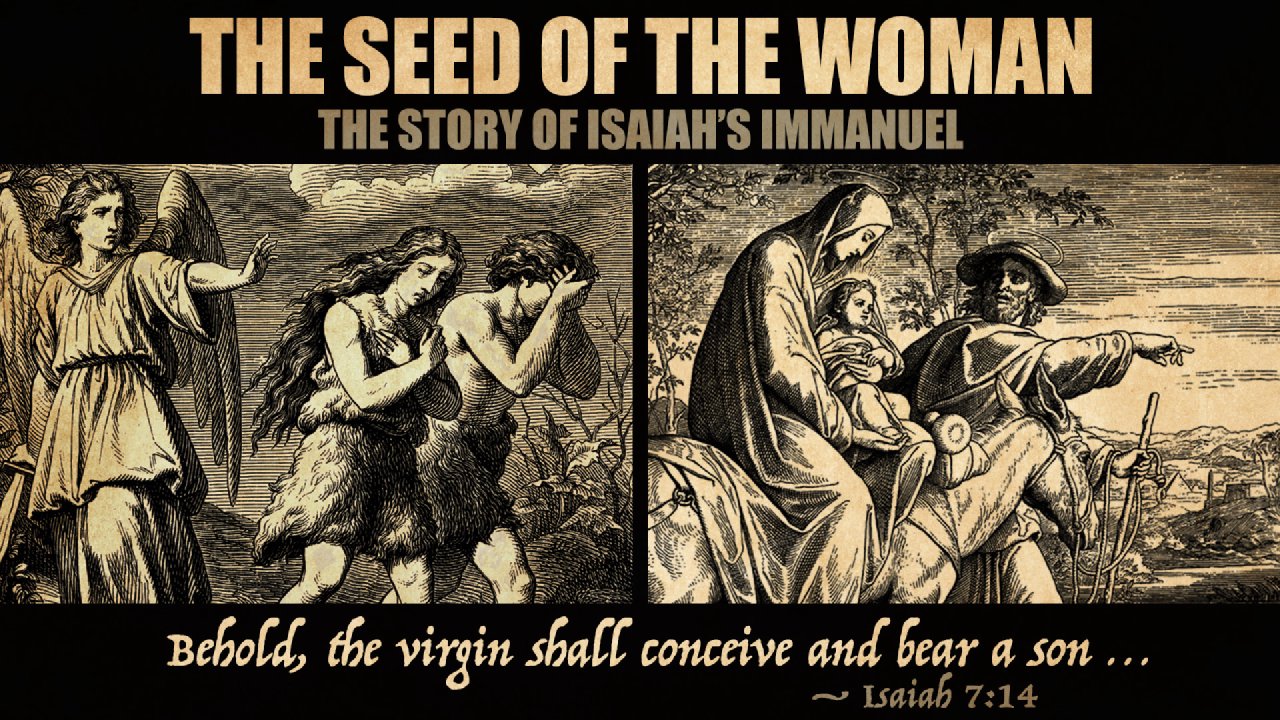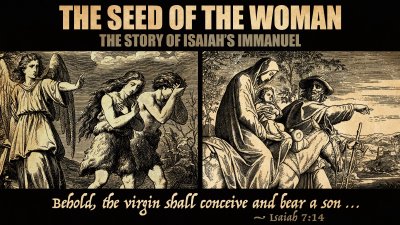Sermon Introduction
Comfort, comfort my people, says your God.
These words in Isaiah 40:1 are some of the most striking in all of the Bible, as they touch off twenty-seven of the most hope-giving, gospel-promising, Christ-centered chapters in the Bible.
Indeed, in Isaiah 1–39, the prophet is tasked with bringing a word of judgment to Israel, a nation obstinate and rebellious. Isaiah 6 gives his commission and it includes preaching to a people who cannot see, hear, or believe.
In Isaiah 40, however, all of that changes. Isaiah is “recommissioned” and sent on a mission to bring the good news to the people of God exiled throughout the world. This time they will hear, as the message of the Suffering Servant initiates a new covenant and offers a new salvation. Beginning this Sunday, we will see in more full detail the promise of this coming servant, who is none other than the Son of God.
To prepare for our time in Isaiah 40–48, take time to read as much of these chapters as you can. On Sunday, we will hit the highlights of those nine chapters, especially as they relate to the greatness of God and the folly of idols. So pray for our time as we gather to worship the only true God, by way of the Servant who died in our place for sins.
As the Lord allows, I look forward to seeing you on Sunday.
For His Glory and your joy,
Pastor David
-------------------------------------------------------------------------------------
Discussion & Response Questions for Isaiah 40 – 48
1. Isaiah 40–48 marks a great difference in tone and content. Why is that? What is the historical and eschatological context of these chapters?
2. In Isaiah 40, there is a remarkable description of God. What do we learn about him? How does this lead you to trust him more?
3. In Isaiah 42, we are introduced to the Servant. Who is he? What do vv. 1–9 say? Where else is the servant described?
4. What is the relationship between the Servant (an individual) and the Servant (the nation of Israel)?
5. Isaiah 43 describes salvation in terms of the exodus. How so? And why does this “type” of salvation matter for our understanding of Christ. See Luke 9:31.
6. Isaiah 44 is the center of this section. What is it about? Why does that matter?
7. Where do we struggle with idol making today?
8. Who is Cyrus (Isa 45:1)? And what role does he play in history and in Isaiah?
9. What is the final condition of Babylon? How does this compare with Zion? (Take note of how this section begins and ends)
10. What else do you learn about God? Salvation? Yourself? The coming of Christ?






